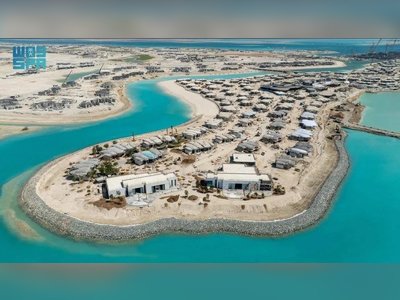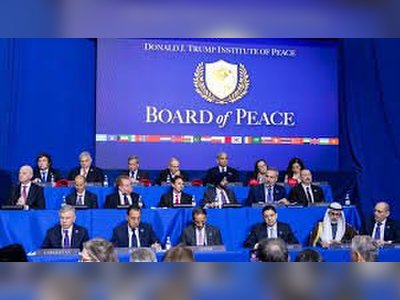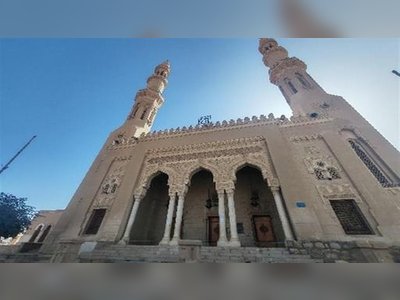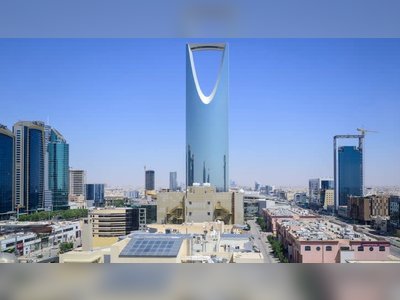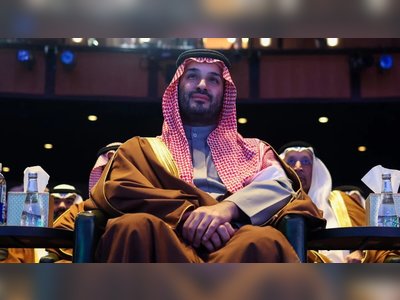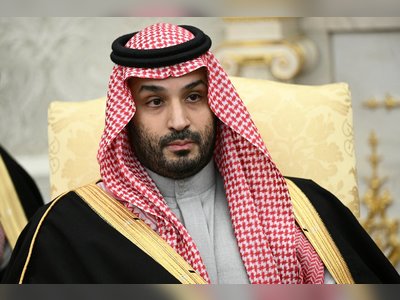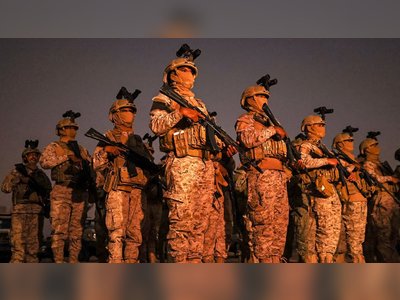
The Reluctant Collaborator: Surviving Syria's Brutal Civil War
Mustafa's harrowing journey through conflict, oppression, and forced complicity amid Syria's ongoing strife.
Mustafa was detained and beaten by Syrian police at the age of 16 in 2011, during a time of escalating protests against President Bashar al-Assad's regime.
This incident became a pivotal moment in his life, reflecting the broader upheaval sweeping Syria as crowds took to the streets demanding reform.
The government responded with propaganda and harsh crackdowns, intensifying violence against the populace as social unrest grew.
Born into a working-class family in eastern Damascus, Mustafa faced a strict upbringing under a conservative cleric father.
After running away to escape familial confinement, he took up diverse jobs, including work in a restaurant to support himself.
Despite the economic struggles in the country, Mustafa found brief solace in his role as an extra in state propaganda films.
Following his beating, Mustafa's fear of government retaliation heightened.
The regime's security forces were notorious for their brutality; civil dissenters faced severe consequences.
As protests grew in size and intensity by March 2011, thousands began to rally against the Assad administration, which responded with violent suppression.
The uprising swiftly evolved into a civil war by mid-2012, with armed groups beginning to seize control of various areas across Syria, including portions of the suburbs of Damascus.
In Mustafa’s neighborhood, pre-existing rivalries intensified, with factions forming as some residents aligned with the regime while others joined the opposition.
His family's dire situation worsened when pro-regime forces ransacked their home, searching for his brothers, who had become involved in the rebellion.
Subsequent to this raid, Mustafa was forcefully inducted into the regime's forces, reflecting the lack of choices available in the volatile environment.
Assigned to a regime checkpoint in Eastern Ghouta, a strategically significant region near Damascus, Mustafa witnessed the relentless bombardment of rebel-held areas.
Substantial loss of civilian life accompanied aerial strikes, as siege tactics left entire neighborhoods in ruins, exacerbating humanitarian crises that led to severe food shortages and rampant starvation among the population.
Amidst the chaos of war, Mustafa's life was punctuated by violence and subjugation.
His continued affiliation with the regime did not shield him from the oppressive security apparatus, including multiple arrests by diverse factions of the military, highlighting the fragmented and competing nature of the regime’s military and security forces.
The regime maintained various intelligence departments that operated without coherent jurisdiction, leading to a cycle of arrest and release that often culminated in further detentions.
After enduring physical and psychological suffering during his imprisonments, Mustafa remained ensnared in the regime’s grip, compelled to navigate the complexities of life under an oppressive government while attempting to secure a semblance of stability for his family.
As the conflict progressed, Mustafa married and attempted to support his family through small ventures.
He became embroiled further in the regime's system of control, perpetually confronted by the pervasive violence and corruption that characterized military engagements in Syria.
Simultaneously, Ashraf—a young officer from an Alawite family—navigated his own complicated allegiances, initially drawn into the Assad military establishment not out of loyalty but necessity.
Both men's experiences are emblematic of the conflicting allegiances and widespread suffering that define life in Syria during the civil war.
The involvement of external actors, including Iran and Russia, alongside a spectrum of domestic factions contributed to the ongoing humanitarian catastrophe and geopolitical entanglements.
As of 2018, the dynamics in Syria remained deeply affected by a complex interplay of domestic unrest, sectarian identities, and foreign interventions, with the fate of civilians like Mustafa and Ashraf caught in the broader geopolitical currents.
This incident became a pivotal moment in his life, reflecting the broader upheaval sweeping Syria as crowds took to the streets demanding reform.
The government responded with propaganda and harsh crackdowns, intensifying violence against the populace as social unrest grew.
Born into a working-class family in eastern Damascus, Mustafa faced a strict upbringing under a conservative cleric father.
After running away to escape familial confinement, he took up diverse jobs, including work in a restaurant to support himself.
Despite the economic struggles in the country, Mustafa found brief solace in his role as an extra in state propaganda films.
Following his beating, Mustafa's fear of government retaliation heightened.
The regime's security forces were notorious for their brutality; civil dissenters faced severe consequences.
As protests grew in size and intensity by March 2011, thousands began to rally against the Assad administration, which responded with violent suppression.
The uprising swiftly evolved into a civil war by mid-2012, with armed groups beginning to seize control of various areas across Syria, including portions of the suburbs of Damascus.
In Mustafa’s neighborhood, pre-existing rivalries intensified, with factions forming as some residents aligned with the regime while others joined the opposition.
His family's dire situation worsened when pro-regime forces ransacked their home, searching for his brothers, who had become involved in the rebellion.
Subsequent to this raid, Mustafa was forcefully inducted into the regime's forces, reflecting the lack of choices available in the volatile environment.
Assigned to a regime checkpoint in Eastern Ghouta, a strategically significant region near Damascus, Mustafa witnessed the relentless bombardment of rebel-held areas.
Substantial loss of civilian life accompanied aerial strikes, as siege tactics left entire neighborhoods in ruins, exacerbating humanitarian crises that led to severe food shortages and rampant starvation among the population.
Amidst the chaos of war, Mustafa's life was punctuated by violence and subjugation.
His continued affiliation with the regime did not shield him from the oppressive security apparatus, including multiple arrests by diverse factions of the military, highlighting the fragmented and competing nature of the regime’s military and security forces.
The regime maintained various intelligence departments that operated without coherent jurisdiction, leading to a cycle of arrest and release that often culminated in further detentions.
After enduring physical and psychological suffering during his imprisonments, Mustafa remained ensnared in the regime’s grip, compelled to navigate the complexities of life under an oppressive government while attempting to secure a semblance of stability for his family.
As the conflict progressed, Mustafa married and attempted to support his family through small ventures.
He became embroiled further in the regime's system of control, perpetually confronted by the pervasive violence and corruption that characterized military engagements in Syria.
Simultaneously, Ashraf—a young officer from an Alawite family—navigated his own complicated allegiances, initially drawn into the Assad military establishment not out of loyalty but necessity.
Both men's experiences are emblematic of the conflicting allegiances and widespread suffering that define life in Syria during the civil war.
The involvement of external actors, including Iran and Russia, alongside a spectrum of domestic factions contributed to the ongoing humanitarian catastrophe and geopolitical entanglements.
As of 2018, the dynamics in Syria remained deeply affected by a complex interplay of domestic unrest, sectarian identities, and foreign interventions, with the fate of civilians like Mustafa and Ashraf caught in the broader geopolitical currents.

